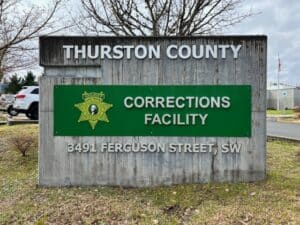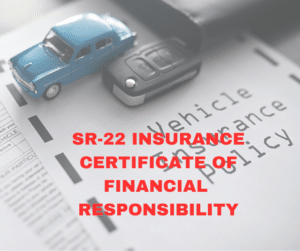Being charged with a crime can be overwhelming. If you are young, the long-term consequences can be extra frightening. There are so many issues to tackle. Often, you have both the state attorney and the department of licensing trying to punish you. And, if you don’t have the best private criminal defense, it can be easy to let one of the hearings slip through the cracks. To make matters worse, as a teen, mistakes with a criminal case can have life-long consequences.
College
Along with the usual punishment from the prosecutor and DOL, teens have the added stress of wondering whether a criminal charge will keep them out of college. Depending on the nature of the criminal charge, it certainly can. The majority of colleges include a question about criminal charges and convictions on the admissions application.
The college can also rescind an offer of admission depending on the student’s criminal history following the application period. How and when you answer these questions can vary a great deal. If you have hired a criminal defense attorney, you should run these questions by your attorney.
Housing
Even if the offer of admission has not been rescinded due to a pending criminal charge or conviction, the open case might preclude the student from living in on-campus housing. There are rules regarding criminal history that apply to housing and those can be even more stringent than the admission office’s conditions. Again, your lawyer might be able to decipher whether a pending case is going impact housing at the outset of the case by showing the attorney the housing contract and rules.
Sometimes, only a conviction (as opposed to a pending case) will impact housing. Additionally, if your case cannot be dismissed, it can help your lawyer to know which crimes will keep you out of the college housing prior to negotiating a resolution. Whenever a dismissal is not possible, the attorney tries to reduce the charge to a crime that has the least impact for the client.
Scholarships and Loans
Getting arrested and convicted of certain crimes can greatly impact a student’s ability to get scholarships. Sometimes, even if the scholarship has already been awarded, the institution may refuse to pay any additional scholarship funds. Many scholarships will list conditions in the fine print or a folder will be mailed to you with all of the terms. It is important to review that documentation to know whether a pending charge will alter your financial plans.
Depending on the nature of the crime charged, students can be disqualified from seeking loans for school. This can be very serious because the same crimes that disqualify access to student loans also disqualify people for mortgages and other private loans. If the state has a strong case against you and a dismissal is unlikely, make sure you hire a local private defense attorney who can negotiate a resolution while trying to maintain your student loan status qualification.
Internships and required courses
If your degree requires you to work with children or vulnerable people, it is very important that you do not get convicted of certain crimes. Obviously, if you are facing a sex offense or abuse of a vulnerable adult, it is unlikely you will be able to complete a degree that puts those same victims at risk. However, sometimes, the criminal charge doesn’t really match the conduct and a person can be prevented from applying to an internship or job even though it doesn’t make sense.
For example, we had a case where a teen was charged with arson because he was smoking in the bathroom and threw his cigarette into a garbage can. He had no intent to burn the building and was just trying to avoid getting caught (albeit not bright to throw a cigarette into garbage). A plea or conviction of felony level arson would certainly have destroyed any chance that the teen would be able to go to college, enter the military, or greatly reduce any chance at gainful employment. More importantly, the charge of arson was not really appropriate for the conduct and intent of the teen.
Over-charging
It is not uncommon for a prosecutor to “over charge” a case. This means the prosecutor finds the most serious crime possible in which she feels she has a chance to meet the elements at trial. While a lesser charge might be more appropriate based on the conduct, some prosecutors routinely do this. If that is your situation, make sure you get a knowledgeable and zealous defense attorney who can fight back against this. It is certainly relevant (not to mention fair) to have an appropriate charge particularly when the student needs to maintain his or her ability to finish school and complete all of the courses and work hours required.
If you are facing a DUI, Assault, Theft, Hit & Run, Reckless Driving or other criminal charge, our attorneys are available for Kitsap County and Thurston County cases. We are here 7 days a week for phone or virtual consultations. 360-792-1000

Get help now
Whether you choose to handle your case alone or engage the Witt Law Group, being informed and prepared is essential. Early involvement of an attorney can significantly impact your chances of a fair recovery, allowing you to focus on healing while we handle negotiations with insurance adjusters to secure fair compensation for your injuries.




